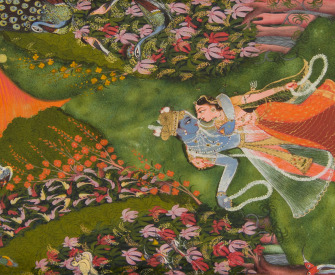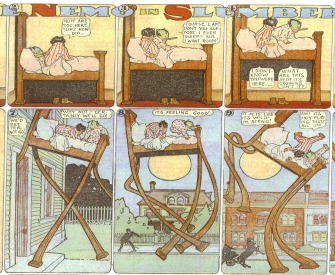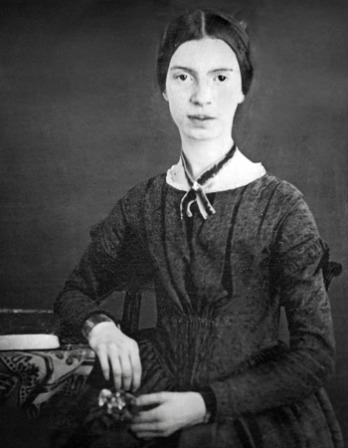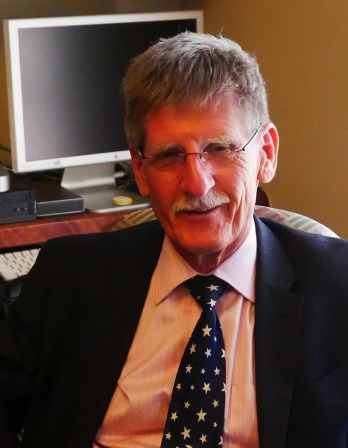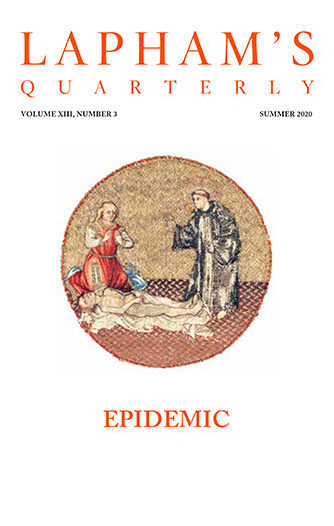Last summer I had to face a jury as witness in a trial. While I was with my family at the seashore, my city house had been burglarized, and I was called upon to give an account of my findings against the culprit whom they had caught with a part of the booty.
I reported under oath that the burglars had entered through a cellar window and then described what rooms they had visited. To prove, in answer to a direct question, that they had been there at night, I told that I had found drops of candle wax on the second floor. To show that they intended to return, I reported that they had left a large mantel clock, packed in wrapping paper, on the dining room table. Finally, as to the amount of clothes which they had taken, I asserted that the burglars did not get more than a specified list which I had given the police.
Only a few days later, I found that every one of these statements was wrong. They had not entered through the window but had broken the lock of the cellar door; the clock was not packed by them in wrapping paper but in a tablecloth; the candle droppings were not on the second floor but in the attic; the list of lost garments was to be increased by seven more pieces; and while my story under oath spoke always of two burglars, I do not know that there was more than one. How did all those mistakes occur? I have no right to excuse myself on the plea of a bad memory. During the last eighteen years, I have delivered about three thousand university lectures. For those three thousand coherent addresses, I had not once a single written or printed line or any notes whatever on the platform; and yet there has never been a moment when I have had to stop for a name or for the connection of the thought. My memory serves me, therefore, rather generously. I stood there, also, without prejudice against the defendant. Inasmuch as he expects to spend the next twelve years at a place of residence where he will have little chance to read my writings, I may confess frankly that I liked the man. I was thus under the most favorable conditions for speaking the whole truth and nothing but the truth, and as there is probably no need for the assurance of my best intentions, I felt myself somewhat alarmed in seeing how many illusions had come in.
Of course, I had not made any careful examination of the house. I had rushed in from the seashore as soon as the police notified me, in the fear that valuable contents of the house might have been destroyed or plundered. When I saw that they had treated me mildly, inasmuch as they had started in the wine cellar and had forgotten under its genial influence, on the whole, what they had come for, I had taken only a superficial survey. That a clock was lying on the table, packed ready to be taken away, had impressed itself clearly on my memory; but that it was packed in a tablecloth had made evidently too slight an impression on my consciousness. My imagination gradually substituted the more usual method of packing with wrapping paper, and I was ready to take an oath on it until I went back later, at the end of the summer vacation. In the same way I got a vivid image of the candle droppings on the floor, but as, at the moment of the perception, no interest was attached to the peculiar place where I saw them, I slowly substituted in my memory the second floor for the attic, knowing surely from strewn papers and other disorder that they had ransacked both places. As to the clothes, I had simply forgotten that I had put several suits in a remote wardrobe; only later did I find it empty. My other two blunders clearly arose under the influence of suggestion. The police and everyone about the house had always taken as a matter of course that the entrance was made by a cellar window, as it would have been much more difficult to use the locked doors. I had thus never examined the other hypothesis, and yet it was found later that they did succeed in removing the lock of a door. And finally, my whole story under oath referred to two burglars, without any doubt at the moment. The fact is, they had caught the gentleman in question when he, a few days later, plundered another house. He then shot a policeman but was arrested, and in his room they found a jacket with my name written in it by the tailor. That alone gave a hint that my house also had been entered; but from the first moment, he insisted that there had been two in this burglary and that the other man had the remainder of the booty. The other has not been found, and he probably still wears my badges; but I never heard any doubt as to his existence, and thus, in mere imitation, I never doubted that there was a companion, in spite of the fact that every part of the performance might just as well have been carried out by one man alone; and after all, it is not impossible that he should lie as well as shoot and steal.
In this way, in spite of my best intentions, in spite of good memory and calm mood, a whole series of confusions, of illusions, of forgetting, of wrong conclusions, and of yielding to suggestions were mingled with what I had to report under oath, and my only consolation is the fact that in a thousand courts at a thousand places all over the world, witnesses every day affirm by oath in exactly the same way much worse mixtures of truth and untruth, combinations of memory and of illusion, of knowledge and of suggestion, of experience and wrong conclusions. Not one of my mistakes was of the slightest consequence.
From On the Witness Stand. A founder of the field of applied psychology, Münsterberg began his career in Germany, where his psychological findings were largely criticized. His work gained a following in the United States, and William James invited him to set up a psychological laboratory at Harvard University. Münsterberg’s interest in the credibility of eyewitness testimony arose from being called on as a scientific expert in two murder cases. In 1908 he published On the Witness Stand, which was influential to the development of forensic psychology.
Back to Issue

